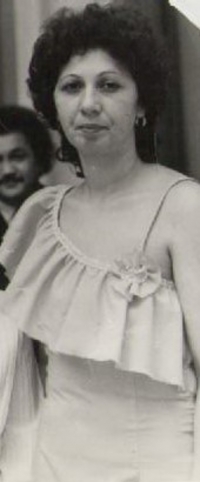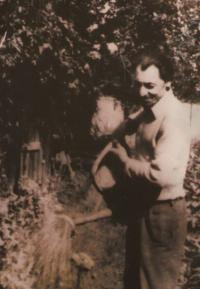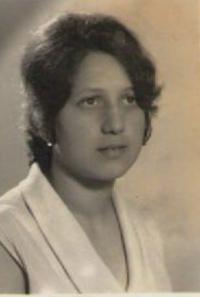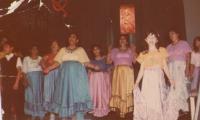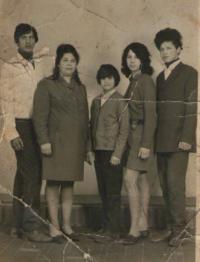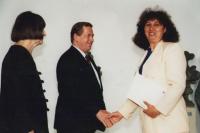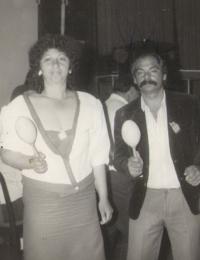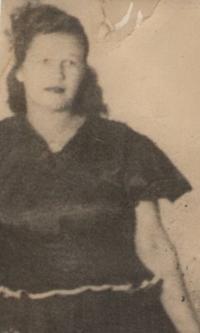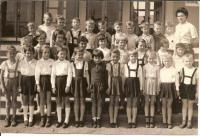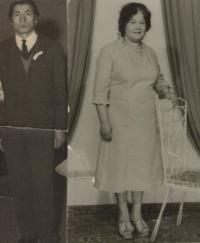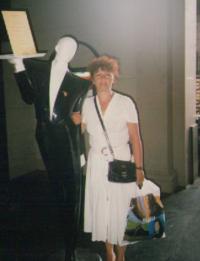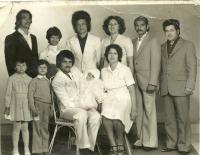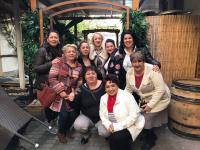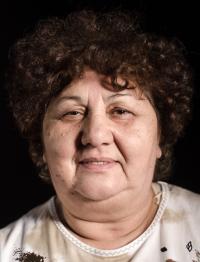Stories of old Romani people were better than TV and the radio
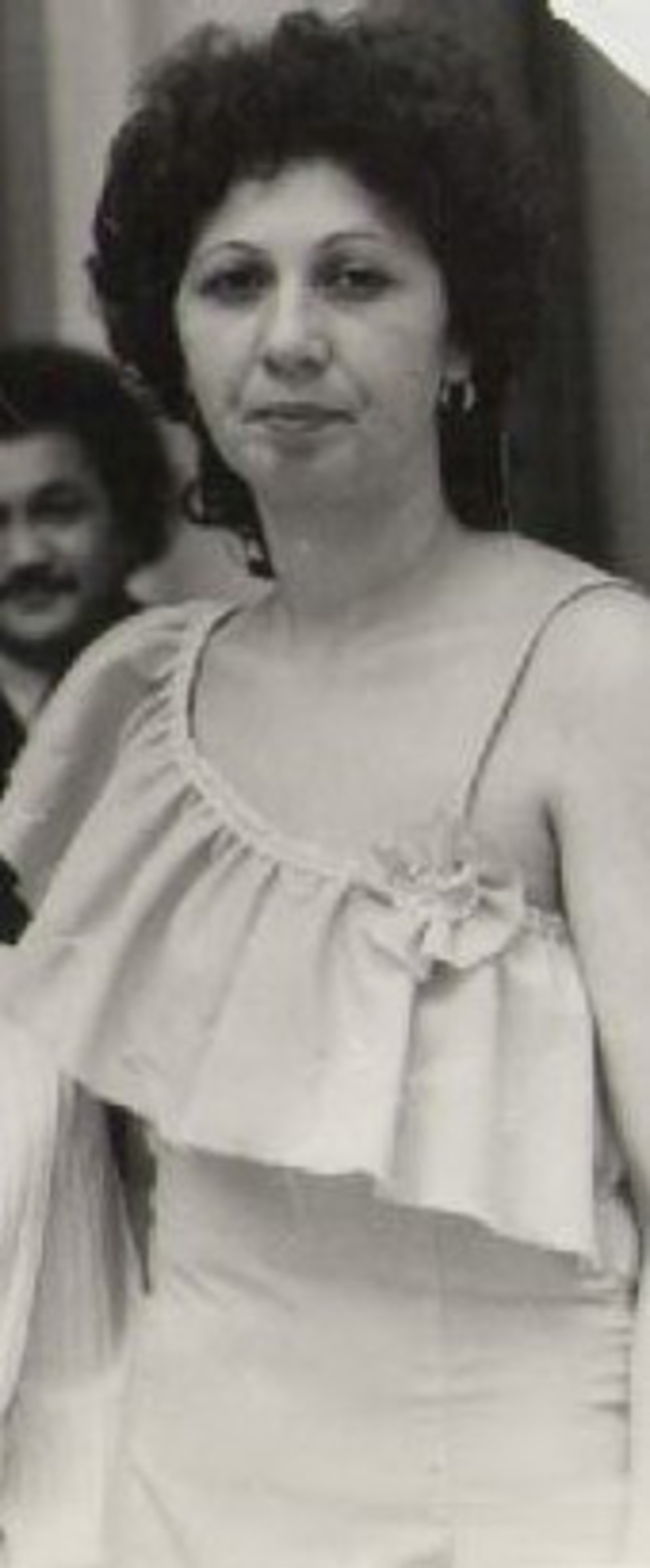
Stáhnout obrázek
Ilona Ferková, née Daňová, was born on June 25, 1956, in Rokycany, West Bohemia. She comes from a family of seven siblings, with five brothers and a single sister. Both parents were Romani of Slovakian origin, they met in Rokycany and worked as labourers. Due to chronic health problems, her father had to gave up his job, received disability pension and was a household man. Her mother worked in Armabeton in Hrádek u Rokycan. Until Ilona was five, her family lived in a railway carriage colony with other Romani. She likes most remembering his father, who was very intelligent and often told her stories from the life of Romani people in Eastern Slovakia during WWII. She later used these stories in her literary work, for which she was inspired in 1986 by the Romani scholar Milena Hübschmannová. It was this year when, spurred by her mother, a great singer herself, she founded a women’s ensemble, Amare Neni, specialising in old Romani songs. The ensemble, despite being unique, did not survive the fall of communism. In 1994 she coordinated the project of Romani kindergartens. She worked with parents of children on their personal development. In 1999 to 2003 she lived with her husband in England. After her return to Czechia she became the foster mother of her grandchildren and she is very proud of their education. She has four daughters. She is currently retired but still very active concerning the position of Romani women in society. Since 2017 she is a member of the Manushe association and writes short stories. She publishes with Kher, a publisher supporting Romani authors.
